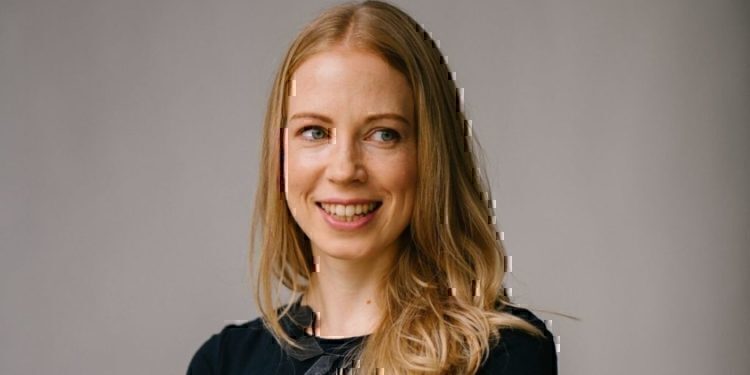At age 40, I finally found an Ob/Gyn that believed me. I say “an” Ob/Gyn in the singular, as I had encountered many, from both from serving on active duty and now as a military spouse.
I wanted to remain childfree, by choice – and to do so, I wanted a (TriCare covered and approved – at any age) bilateral salpingectomy. It is the equivalent of a female vasectomy where both fallopian tubes are removed completely, virtually removing any chance of conception.
For well over a dozen years, I could not find a single women’s health professional who believed my reproductive health plan did not include children. They were more than happy to continue to discuss various forms of non-permanent birth control, but a female “vasectomy” was simply out of the question.
It’s National Women’s Health Week, and I would like to encourage our communities to do what we do best; support each other, and give women the room and grace to live authentically – whether that version of a best life is with, or without children.
Childfree is not a Dirty Word
I knew from a very early age that I simply did not want children. And for better or worse – I freely told anyone my decision when they asked about my plans for a family. That decision was discounted early, in that I’d meet the right partner – and effectively change my mind.
Well, I did meet the right guy, and with a stomach full of nerves – told him that I had no desire for children. I mentally prepared for him to run screaming for the hills, and was actually floored when he didn’t.
I had met the love of my life, a MAN – who also did not want children!
At first, no one believed him, and no one believed me either. Childfree?
When you are in your twenties, my experience was that expressing a desire to be childfree was simply brushed aside as fantasy. In my early thirties, I experienced “well-meaning” but urgent pleas that I’d better get on with it. As I approached forty, the conversations morphed into awkward silences, and diverted glances.
Society still does not quite know what to do, or how to respond, to a woman who chooses to be childfree.
But, you know what? That’s ok. Society will often demand an explanation, but you do not owe one. Accept that as truth.
Be Courageous, You are your Own Strongest Health Advocate
It may take going against popular opinion – but I would encourage you to be courageous, and fiercely advocate for your own women’s health. No one else is going to do that for you.
If you are childfree, you undoubtedly have heard every manner of judgment from friends, family, casual acquaintances and even strangers. That at best – your decision is misguided, and at worst – morally unconscionable, and wrong.
In my own quest to become permanently childfree, I was met with severe skepticism even from the medical community. You might suspect the following statements came from male providers, and you’d be wrong. Every single one of these statements actually came from female providers:
- I’m confused as to why you are here?
- Does your husband know what you’re up to? (Of course he did, and he fully supported me.)
- Have you sought mental health services to deal with this feeling?
- TriCare doesn’t cover that (they do) and even if they did, it goes against my moral compass as a doctor.
Doctor after doctor cited their own moral compass as a reason they would not support my health request.
Their moral compass. Not mine.
Your health is your own, whether that includes children or not. Advocate for it, even when it seems no one else will. You will eventually find support who does.
You are Free to Choose Your Life
Women are free to choose any path their heart desires. Anyone is, but more often as women, we are harshly judged for it when your life plan does not include children.
They say a woman is not truly a woman until she becomes a mother. As if there is a level to be reached. Like being alive isn’t enough.
Vanessa Chica Ferreira, poet
As women, I think we need to remind each other – and ourselves, of this more often. There is not one defined social construct in which women must exist, and that a deviation from motherhood is somehow a shortcoming, an inadequacy.
It’s not.
For more information on women’s health, including reproductive health, please visit the Office on Women’s Health website, at: www.womenshealth.gov








